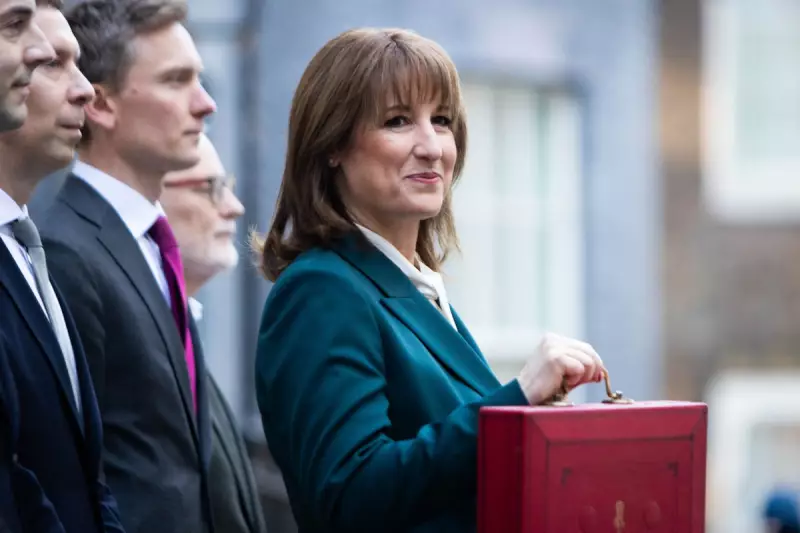
Chancellor's Landmark Budget Decision
Chancellor Rachel Reeves has delivered a transformational Budget commitment to end the controversial two-child cap on benefits, a move hailed as a major step in the fight against child poverty. The policy, which has restricted families from claiming certain benefits for more than two children, will be abolished from April 2025.
Ms Reeves confirmed the decision was fully costed and fully funded, marking a significant shift in Westminster's approach to social security. This change directly impacts Scotland, where the devolved government had previously committed its own funds to mitigate the cap's effects.
Financial Boost and Political Reaction
The Chancellor's announcement was part of a wider Budget that pledges an extra £820 million for the Scottish Government over the spending review period. Scottish Labour leader Anas Sarwar welcomed the Budget, stating it was rooted in Labour values and would result in thousands of Scottish children being lifted out of poverty.
Mr Sarwar emphasised the broader benefits, stating: This Budget means child poverty down, energy bills down, wages up and austerity rejected. Other key measures included a rise in the minimum wage and action on energy bills, which is projected to cut the average household bill by £150 next year.
Call for Scottish Government Action
With the two-child limit being scrapped at source, over £150 million earmarked for its mitigation in the 2026-27 Scottish budget is now freed up. Anti-poverty campaigners are urging First Minister John Swinney to use this windfall to further boost support for struggling families.
John Dickie, director of the Child Poverty Action Group in Scotland, called the Chancellor's decision absolutely the right thing to do. He challenged Scottish ministers to use the freed-up capital to increase the Scottish child payment towards the £40 a week that campaigners believe is necessary.
Chris Birt of the Joseph Rowntree Foundation in Scotland echoed this, stating that increasing the Scottish child payment would be the most direct way to help families and urged the SNP government to take bold action targeted at those who need help the most.
Additional Investment Across Scotland
Beyond the social security changes, the Budget also detailed specific investments for Scotland, including:
- Over £14 million for low-carbon technologies in Grangemouth.
- £20 million for the Inchgreen marine park in Inverclyde to boost local jobs.
- £20 million to redevelop Kirkcaldy town centre and sea front in Fife.
The consensus among campaigners and opposition leaders is that this Budget represents a critical opportunity to intensify efforts to eradicate child poverty across the UK, with a clear onus now on the Scottish Government to act decisively.





